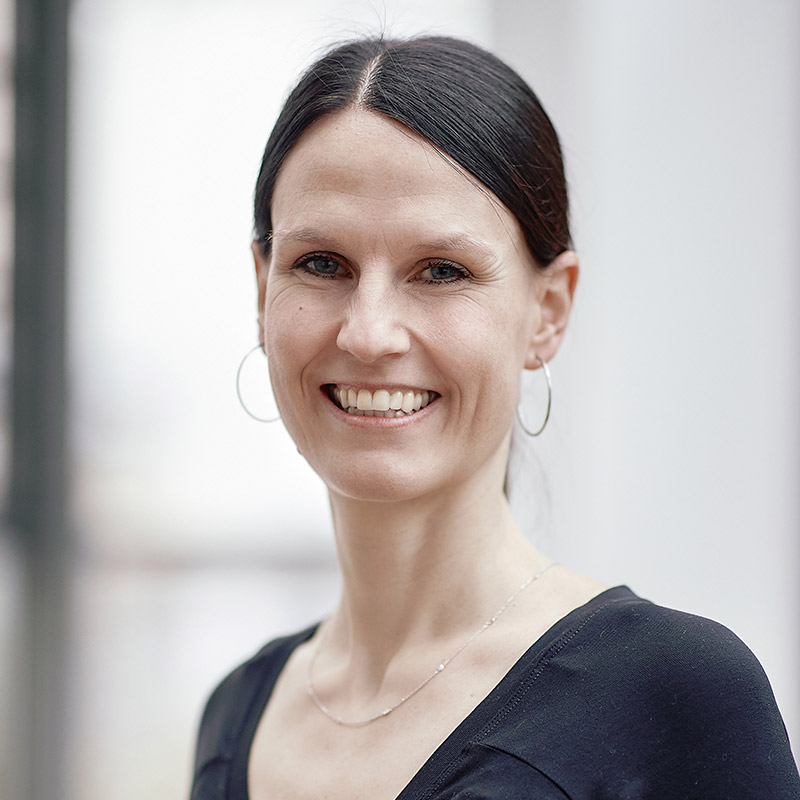- Forschungsspektrum
- Translationale Forschung
- Transversale Translationale Medizin (TTM)
- Operationszentrum für Translationale Medizin (TMOH)
- Büro für Klinisches Projektmanagement (CPMO)
- Zentrum für Klinische und Epidemiologische Untersuchungen (CIEC)
- Luxemburger Zentrum für Klinische und Translationale Forschung (LCTR)
- Integrierte Biobank von Luxemburg (IBBL)
- Disease Modeling & Screening Platform (DMSP)
- Luxgen Genom Zentrum
- Plattform für Forschungspathologie (RPP)
- Forschungsprojekte und klinische Studien
- Unterstützen Sie uns
- Translationale Forschung
🇬🇧 Cancer Registry Data: Best Practices in the EHDS Framework
02/10/2025 10:00 an 13:30
Bitte beachten Sie, dass der Inhalt nur auf Englisch verfügbar ist.
Speakers
Abstract

Dr. Hanneke
Luth
Luth
Data Protection Officer Erasmus MC, Netherlands

The European Health Data Space is coming! Published in March 2026, the EHDS will bring a major shift in how health data can and will be used in Europe. With the aim to optimise the exchange of and access to health information within the EU, what will the EHDS bring for cancer registries? It is an opportunity, a risk, or maybe both? Learn more about what drives the EHDS developments, and what cancer registries should prepare for.
Host:
Department of
Precision Health (DoPH)
Precision Health (DoPH)
Luxemboug Institute
of Health (LIH)
of Health (LIH)
Cancer Epidemiology
and Prevention (EPI CAN) Group
and Prevention (EPI CAN) Group
Responsible Scientist:
Dr. Claudine
Backes
Backes
Team Leader, Cancer Epidemiology and Prevention Group (EPI CAN), Department of Precision Health, Luxembourg Institute of Health Responsable Scientifique et Epidémiologiste, Registre National du Cancer (RNC)
Speakers
Abstract

Dr.Bruno
Rodrigues
Rodrigues
Head of Statistics department
Ministry of Research and Higher Education, Luxembourg


Data scientists and researchers write a lot of code but often without the practices that make it robust and reproducible. That gap can lead to serious consequences, such as the
infamous Reinhart-Rogoff Excel error, which influenced global economic policy due to a simple spreadsheet mistake.
This talk focuses on how to close that gap using reproducible analytical pipelines (RAPs), a practical approach built on tools and techniques like Git, functional programming, dependency management, automated testing, and containerisation software. These practices improve two things every research project needs: reliability and traceability.
Research software engineers (RSEs) have played a key role in bringing these tools into research settings by turning fragile scripts into sustainable code. Now, large language models
(LLMs) are accelerating that shift. They help RSEs support more teams and make it easier for researchers to adopt best practices independently by explaining tools, generating
templates, and catching common issues.
The goal isn’t to turn researchers into software engineers, but to build workflows that are as solid and reusable as the results they produce.
High-quality real-world data are essential for both scientific research and science policy. Data-driven and evidence-based decision-making depend on the availability of accurate,
comprehensive, and reliable information. Ensuring that research findings are not only scientifically sound but also relevant and actionable is critical for guiding effective disease control strategies and supporting efficient allocation of healthcare resources. To best support its mission, the National Cancer Registry of Luxembourg (Registre National
du Cancer) actively promotes initiatives in data quality, interoperability, and data linkage – and supports this lecture as part of that effort.
Host:
Cancer Epidemiology
and Prevention (EPI CAN) Group
and Prevention (EPI CAN) Group
Luxemboug Institute
of Health (LIH)
of Health (LIH)
Cancer Epidemiology
and Prevention (EPI CAN) Group
and Prevention (EPI CAN) Group
Responsible Scientist:
Bruno
Lima
Lima
Postdoctoral Fellow, Cancer Epidemiology and Prevention (EPICAN) Group
LOCATION
Room: Salle Marie S. Curie & Salle Louis Pasteur
1 A-B rue Thomas Edison,
1445 Strassen
LECTURE: 10:00am – 12:00pm
Webinar via Webex:
Event number: 2794 070 6947
Event password: w3jTMf2Zz6w
MEET & EAT
12:00pm – 13:00pm
Room Barbara Mc Clintock
Light lunch provided – *Please note that registration for Meet & Eat is mandatory.
Please register by sending an email to: epican@lih.lu
Supported by:

Datenschutz
Lesen Sie mehr über den „Datenschutzhinweis: Verarbeitung personenbezogener Daten im Rahmen der Organisation von Veranstaltungen“.






